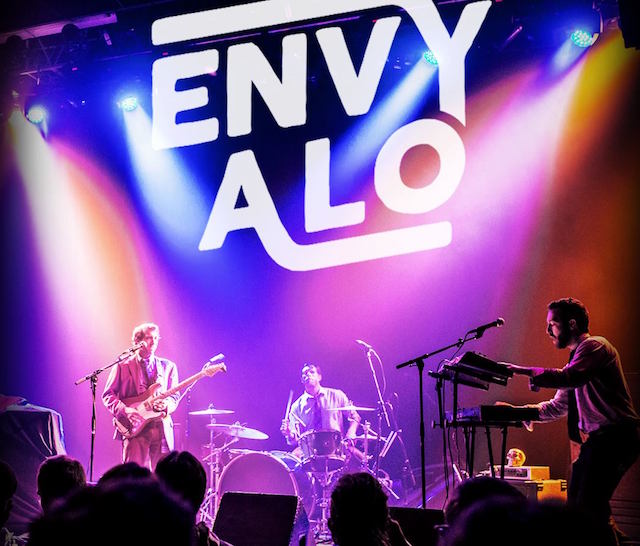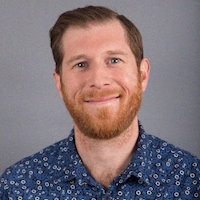
I still remember the first time I played drums.
It was the morning of my 13th birthday, a Saturday in September, when my parents reluctantly surprised me with a burgundy drum set and a thick, mustard yellow Drums for Dummies book. After elated hugs and thank yous, I tossed aside the tutorial (I would later learn the book inside and out), grabbed the fresh pair of drumsticks awaiting me on the snare, and sat down at the throne for the first time.
I began to explore the sounds of the kit: the sharp ping of the high-hats, the crack of the snare, the boom of the bass, the warm tones of the toms. Soon, my sense of time melted away, and my mind was consumed only by the jumbled sequence of sounds I was creating. By the time my dad returned hours later to tell me enough was enough, it was dark outside.
The experience was the beginning of a lifelong obsession.
It would be years later, while backpacking in Canyonlands National Park during a NOLS course, that I would come to learn I was experiencing psychologist Mihaly Csikszentmihalyi’s concept of Flow. In his influential work Flow: The Psychology of Optimal Experience, Csikszentmihalyi defines Flow as:
“A state in which people are so involved in an activity that nothing else seems to matter; the experience is so enjoyable that people will continue to do it even at great cost, for the sheer sake of doing it.”
His thesis? The more we flow, the happier we are.
We see examples of Flow in many mindful places and practices. Vinyasa yoga. Transcendental Meditation. An artist lost in sweeping brush strokes. A climber pushing herself to the edge to pursue a means to no end. But for me, nothing evokes a state of flow more acutely than the act of playing music.
When I play percussion, or pursue any number of musical endeavors, the resulting flow is a welcomed mental state of simultaneous stimulation and relaxation. Time flies. My sense of self gives way to the whims of the present moment. Regardless of how I felt prior to the experience, I walk away a calmer, happier person afterwards.
Since that birthday morning many years ago, the practice of drumming has become an intrinsic part of my daily routine, pursued not to influence others, but simply to calm my own mind into a peaceful state of serenity. Whether it’s formally practicing for hours in preparation for a gig or subconsciously clicking a pen while on hold with Comcast, musical flow is a coping technique paramount to my personal happiness.
As mindful individuals, we must all seek and support this healing power of musical flow, now more than ever. Just this year, the Trump administration put forward a budget proposal to completely eliminate federal funding (over $150 million) for the National Endowment for the Arts (NEA), an agency dedicated to investing in music and other artistic education. At the state and local level, music programs are routinely one of the first things to be cut or scaled back when school districts face tightening budgets.
But, there is hope. We can counter this momentum by supporting and donating to national non-profit organizations fighting to preserve music programs and bring the arts into the lives of underprivileged youth. Organizations like Youth on Record, the NAMM Foundation, and VH1 Save the Music.
On a personal level, we can make a conscious effort to bring more music into our own lives on a daily basis. Make space to learn a new instrument in our free time. Bang on a dashboard in traffic. Hum a favorite tune while cooking dinner.
We must find, and fight for, our musical flow. It just may be the secret to happiness we’ve been looking for all along.
~
Relephant:
If Music Be the Soul.
~
~
Author: Nate Etter
Image: Author’s own
Image: Author’s own

No comments:
Post a Comment